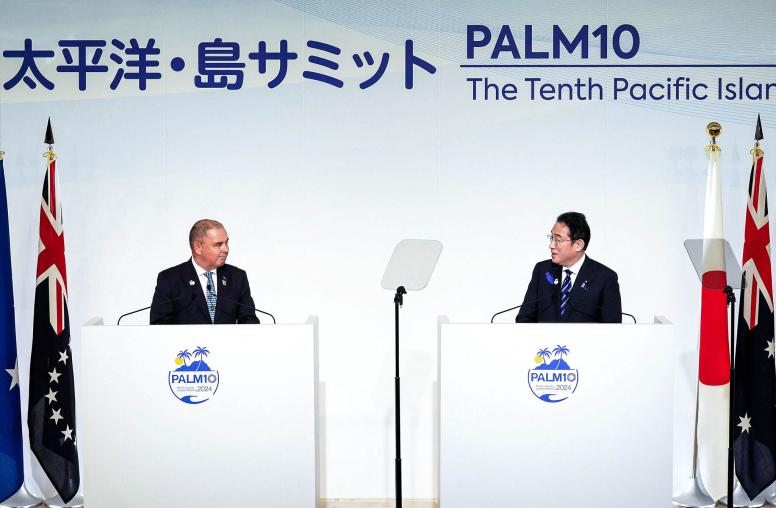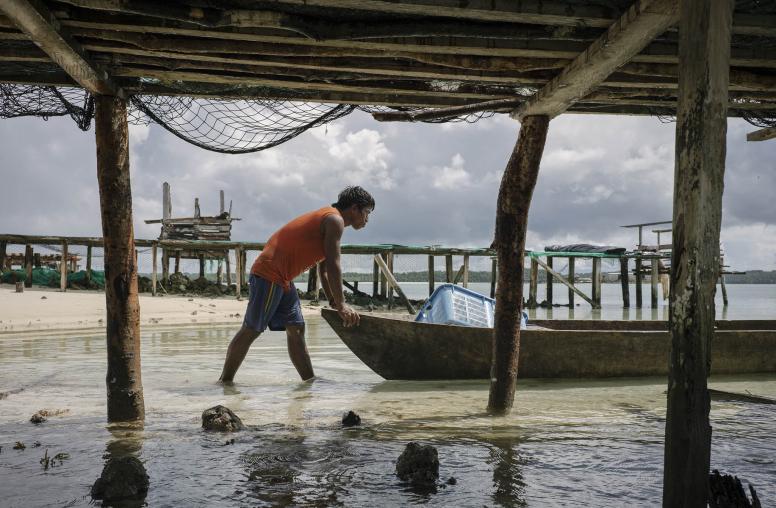 Solomon Islands
Solomon Islands
Solomon Islands — an archipelago of nearly 1,000 islands in the South Pacific — gained international attention after recognizing the People’s Republic of China in 2019 and signing a security pact with Beijing in 2022. The country’s conflicts are largely driven by issues such as resource sector exploitation and economic inequality, challenges that are further exacerbated by environmental factors. USIP works to support local researchers and convene key civil society leaders to deepen understanding of conflict dynamics and identify pathways toward sustainable peace.
Featured Research & Analysis

Japan-Pacific Islands Summit: Contending with Nuclear and Colonial Legacies
Last week, Pacific Island leaders flew to Tokyo for the Pacific Alliance Leaders Meeting (PALM), a summit between Japan and the Pacific Islands Forum (PIF). The meeting, which has occurred every three years since 1997, is designed to elevate Japan’s engagement with the forum and address common challenges, including climate change, fisheries and development.

Why Does China Still Care About Taiwan’s Allies?
In January of this year, Nauru switched recognition from Taiwan to China, reducing the number of Taiwan’s partners from 13 to 12. It did so two days after Taiwan’s presidential elections produced an outcome that was unwelcome in Beijing: four more years of the independence-leaning Democratic Progressive Party (DPP) in Taipei.

It’s Not Too Late for Solomon Islands’ Truth and Reconciliation Commission
Established in 2008, the Solomon Islands Truth and Reconciliation Commission (TRC) was tasked with investigating the country’s civil conflict that killed 200 people and displaced more than 20,000 others between 1998 and 2003. The commission was the first of its kind in the Pacific Islands region, and its proponents hoped it could heal people’s lasting trauma by addressing human rights violations, promoting national unity and fostering reconciliation.